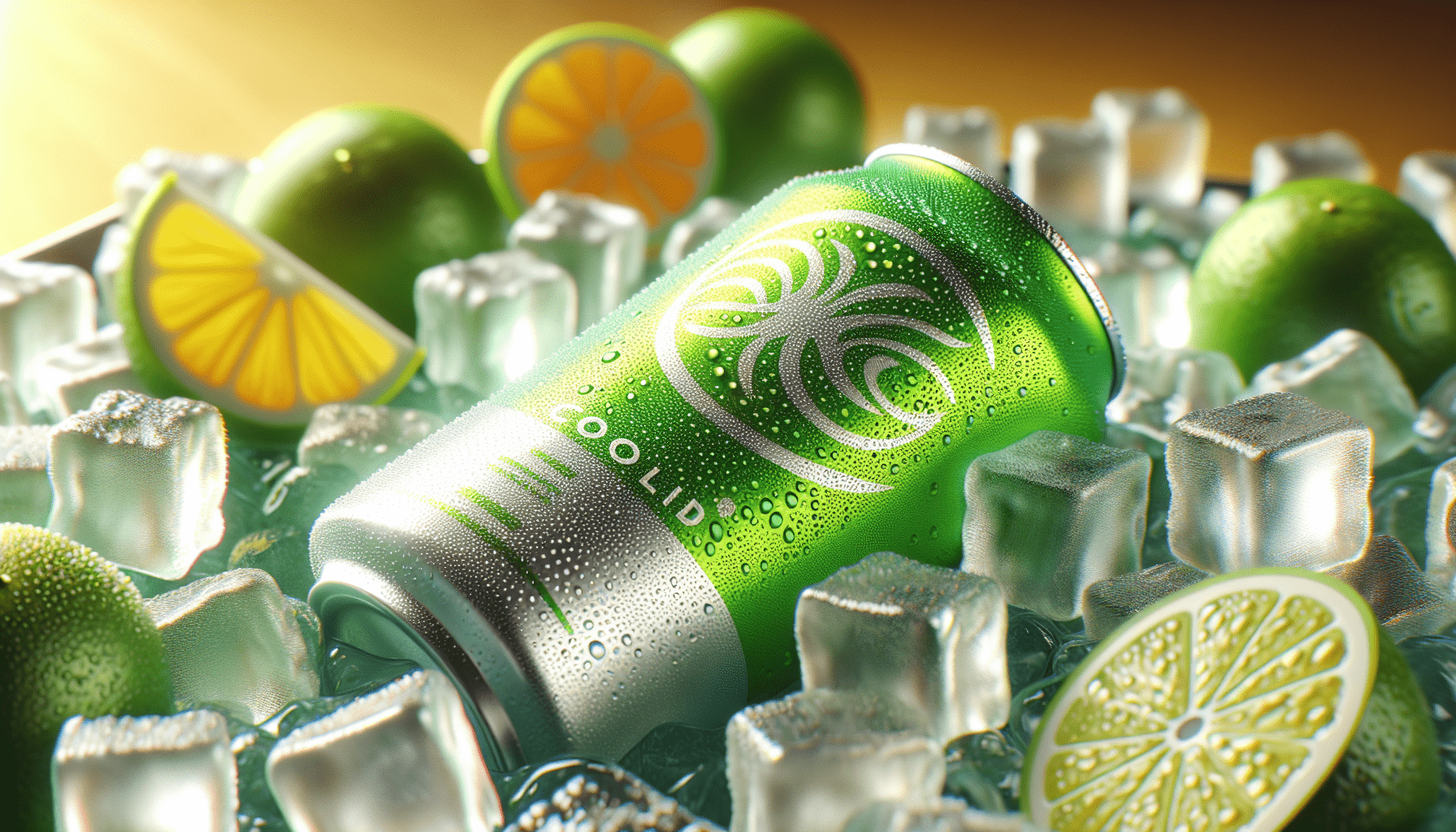Have you ever found yourself reaching for a refreshing can of Diet Mountain Dew on a hot day, wondering about its nutritional content? You’re not alone! Understanding what you’re consuming is important, especially when it comes to beverages that claim to be “diet” or “zero calorie.” Let’s unpack the nutritional information of Diet Mountain Dew and see how it fits into your daily life.
What is Diet Mountain Dew?
Diet Mountain Dew is a sugar-free, carbonated soft drink produced by PepsiCo. Launched as a lower-calorie alternative in the early 1980s, this variant retains the signature citrus flavor of regular Mountain Dew while significantly reducing sugar content. But how does it achieve that flavor without the calories?
The Ingredients Breakdown
When you open a can of Diet Mountain Dew, there’s more to it than just bubbles and taste. The ingredients in Diet Mountain Dew contribute to its distinct characteristics. Here’s a simple breakdown of the typical ingredients you might find:
- Carbonated Water: The primary ingredient, providing that fizzy sensation.
- Citric Acid: This adds tartness and is commonly found in many beverages.
- Natural and Artificial Flavors: These are what make the drink taste like the beloved citrus fruit flavor.
- Aspartame and Acesulfame Potassium: These are artificial sweeteners used to provide sweetness without the calories.
- Caffeine: For that energy boost, just like its regular counterpart.
Understanding these components not only clarifies what you’re drinking but also contributes to informed choices about your hydration.
Nutritional Information
You might be curious about how Diet Mountain Dew stacks up in terms of nutrients. Here’s what a standard 12-ounce (355 ml) can typically contains:
| Nutrient | Amount per 12 oz |
|---|---|
| Calories | 0 |
| Total Fat | 0 g |
| Sodium | 50 mg |
| Total Carbohydrates | 0 g |
| Sugars | 0 g |
| Protein | 0 g |
| Caffeine | 54 mg |
This impressive nutrient profile certainly paints a picture of a drink that’s low in calories—and in many ways, it feels guilt-free. However, let’s take a closer look at what this means for your health.
Caloric Content
With a mere 0 calories, Diet Mountain Dew can be a great option if you’re watching your caloric intake or trying to maintain weight. It’s easy to sip on throughout the day without worrying about excessive calorie consumption.
Sodium Levels
You might be surprised to see the sodium content. Each can contains about 50 mg of sodium, which is relatively low but still worth noting, especially if you are on a sodium-restricted diet. Sodium isn’t inherently bad, but balance is key.
Artificial Sweeteners: Pros and Cons
Artificial sweeteners such as aspartame and acesulfame potassium are responsible for the sweet taste without the calories. While they allow you to enjoy a sweet beverage without the sugar rush, there’s been a lot of discussions around the health implications of consuming these sweeteners regularly.
On one hand, some studies suggest that they can help with weight management since they provide sweetness without calories. On the other, some individuals report adverse reactions to them, including headaches or digestive issues. It’s important to consider how your body responds.
Caffeine Factor
Diet Mountain Dew contains caffeine, clocking in at around 54 mg per can. This is quite comparable to a cup of black tea and can provide a slight energy boost that many people appreciate. If you’re sensitive to caffeine, monitoring your total intake throughout the day is important.
Health Considerations
As with any product, moderation is key. While sipping Diet Mountain Dew every now and then is likely fine for most people, relying heavily on it for hydration may not be the best approach.
Weight Management
Many people choose Diet Mountain Dew to assist with weight management. The decrease in calories can potentially help those who might otherwise consume a sugary drink. However, some studies suggest that artificial sweeteners may not always lead to weight loss or better health outcomes.
Dental Health
Another aspect to consider is dental health. While Diet Mountain Dew doesn’t contain sugar, the acidity from citric acid can wear down tooth enamel over time. Ensure you maintain good oral hygiene practices to mitigate potential negative effects.
Hydration
Diet Mountain Dew can be refreshing, but it shouldn’t be considered the best option for hydration. Water remains the gold standard for quenching thirst and maintaining hydration levels.
Popular Alternatives
If you’re considering cutting back on Diet Mountain Dew or want to explore variations, there are several alternatives that deliver flavor without the calories. Here are a few options:
Sparkling Water
Sparkling water has become quite popular as a refreshing beverage. It provides the fizz without the calories, sugars, and sweeteners. Many brands offer flavored sparkling waters that can satisfy your craving for something tasty.
Herbal Tea
Herbal teas can be served hot or cold and come in a wide range of flavors. They can provide a refreshing change of pace while offering various health benefits, depending on the herbs used.
Zero-Calorie Sodas
You might find other brands offering zero-calorie versions of popular sodas. These products also use artificial sweeteners and can be consumed similarly to Diet Mountain Dew while introducing variety into your beverage choices.
Conclusion
So, the next time you find yourself reaching for a can of Diet Mountain Dew, you’ll be armed with all this knowledge about its nutritional content and implications. It’s a drink that offers the enjoyment of a sweet, citrus-flavored soda without the calories, making it a go-to for many.
However, always remember that balance is essential. Pair your Diet Mountain Dew with plenty of water and nutritious foods, and listen to your body’s cues. Making informed decisions about what you drink can help you lead a healthier lifestyle while still enjoying your favorite flavors. Cheers to finding that balance!
